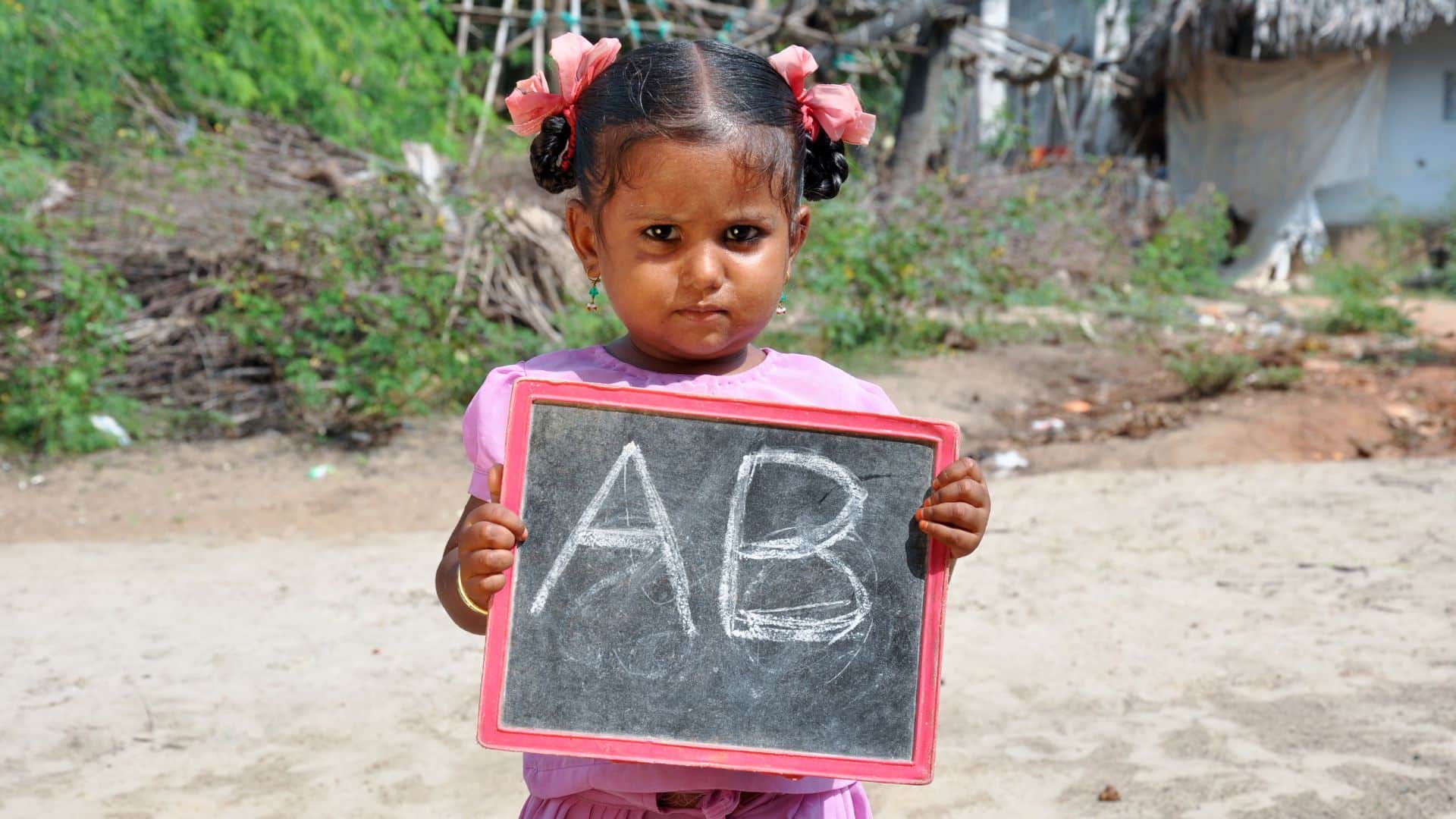
Start Over, Start Right: Foundational Learning in India’s Classrooms
Many children in India lack foundational learning skills like basic reading and math, making it hard to progress in school. This blog highlights the urgent need to shift from syllabus-driven teaching to competency-based, differentiated instruction—while empowering teachers and engaging communities—to ensure every child starts right and learns meaningfully.
In classrooms across the country, children often sit quietly with open textbooks, appearing attentive. Yet beneath that silence lies a deeper issue: many of them struggle with the basics. They’ve mastered the motions—copying from the board, repeating after the teacher—but haven’t grasped the essential skills needed to truly learn.
We’re teaching as if they’re ready. Too often, they’re not. And it’s time we acknowledged that.
The Hidden Crisis: Why Foundational Learning Must Come First
It’s commonly assumed that by Grade V, children can read fluently and solve basic math problems. But national assessments tell a different story. According to the ASER 2024 report, only 48.5% of Grade V students in rural India can read a Grade II level text, and just 30.7% can solve a basic division problem.
These numbers aren’t just data points. They reveal a silent crisis, children progressing through grades without acquiring the foundational skills essential for all future learning.
“When a child can’t read or do basic math, every other subject becomes a barrier—not a bridge.”
The Syllabus Trap: When Speed Replaces Understanding
Our education system often prioritizes syllabus completion over actual comprehension. Teachers are expected to stick to timelines, even when students are clearly lagging behind.
A Better Approach: Competency-Based Teaching
We need to shift the focus from teaching by grade to teaching by ability. This includes:
- Assessing what each child knows before instruction begins.
- Grouping students flexibly based on learning needs.
- Setting small, achievable goals daily.
- Measuring progress by understanding, not content covered.
Foundational learning thrives when teaching adapts to where the student actually is, not where the textbook assumes they should be.
One Classroom, Many Learners: Rethinking Uniform Instruction
Every classroom contains students at various learning levels. Yet instruction is often delivered uniformly, failing both those who struggle and those who are ready for more.
A Smarter Solution: Differentiated Instruction
Tailoring teaching strategies to individual learning levels helps every child make progress. This involves:
- Designing tasks with different levels of difficulty.
- Allowing self-paced learning.
- Using adaptive digital tools like DIKSHA or Google Read Along.
- Creating small skill-based learning groups.
Differentiation doesn’t require expensive tech; it starts with recognizing that no two children learn the same way.
“True teaching meets children where they are—and walks with them forward.”
Supporting Teachers: The Missing Piece in Foundational Learning
Blaming teachers for low outcomes ignores the real issues: large class sizes, limited training, and inflexible curriculum mandates.
Empower Teachers, Empower Learning
Teachers are at the heart of educational change. To strengthen foundational learning, they need:
- Ongoing training focused on foundational instruction.
- Easy-to-use assessment tools and resource kits.
- Autonomy to adapt teaching methods based on real-time classroom needs.
- Continuous mentorship and peer support.
“When we invest in teachers, we invest in every child they will ever teach.”
It’s Never Too Late: Busting the Myth of Missed Opportunity
The belief that foundational learning is only for early grades is damaging. Skills can be built at any stage, with the right support.
Making Foundational Learning a School-Wide Priority
- Introduce daily FLN (Foundational Literacy and Numeracy) periods.
- Use peer learning and collaborative activities.
- Celebrate small wins to build learner confidence.
Beyond the School Walls: The Role of Families and Communities
Learning doesn’t stop at dismissal. Parents and communities are crucial allies in foundational learning:
- Encourage reading at home and playful math activities.
- Involve community volunteers in early learning sessions.
- Raise awareness about the importance of foundational skills.
“When learning becomes a shared responsibility, every child thrives.”
A Stronger Beginning for a Stronger Future
When children are supported to read their first sentence or solve their first math problem, transformation begins. These small breakthroughs are milestones—not just for the child, but for the entire system.
Let’s shift the conversation:
- Are we teaching at the level children actually understand?
- Are we building confidence, not just completing chapters?
- Are we focused on learning, not just passing exams?
Rebuilding Foundational Learning: My Call to Action
Let’s commit to creating a learning-first culture. One that recognizes foundational learning as the essential building block of all education. Let’s train and empower teachers, involve families, and rethink our rigid systems.
Foundational learning isn’t just a phase, it’s the platform on which all future learning stands. And if we rebuild it, we change everything. Over 40,000 children in Government schools benefited over the past 12 months from Dr. Reddy’s Foundation’s Foundational Literacy and Numeracy, English Language and WASH education. I’m certain that if stakeholders including non-profits, corporations, government and civil society join hands towards this cause the impact can be much bigger.
What would our classrooms look like if every child truly understood what they were learning?



